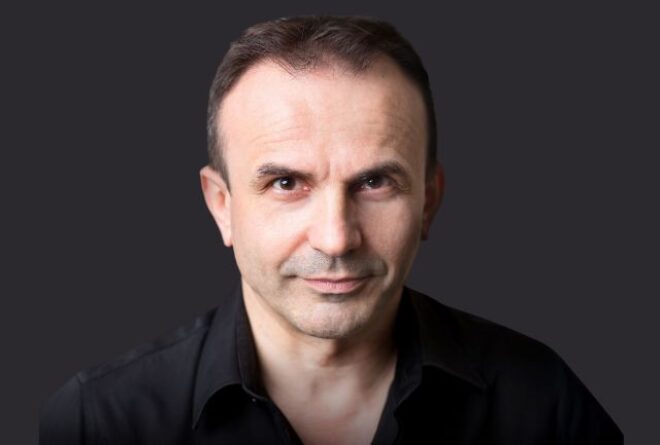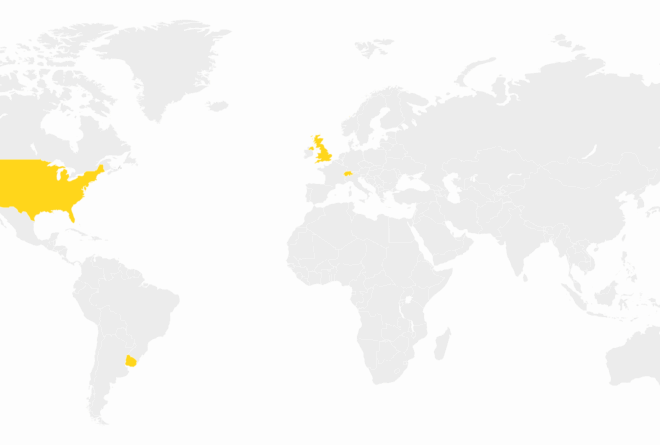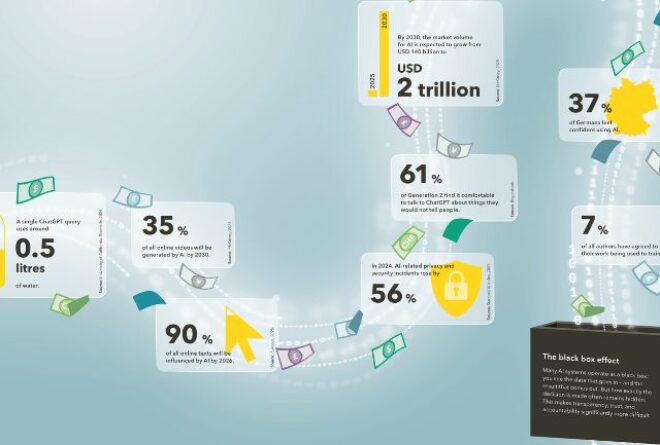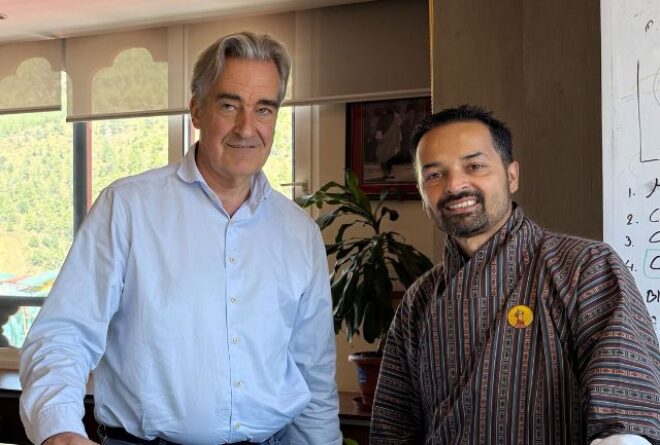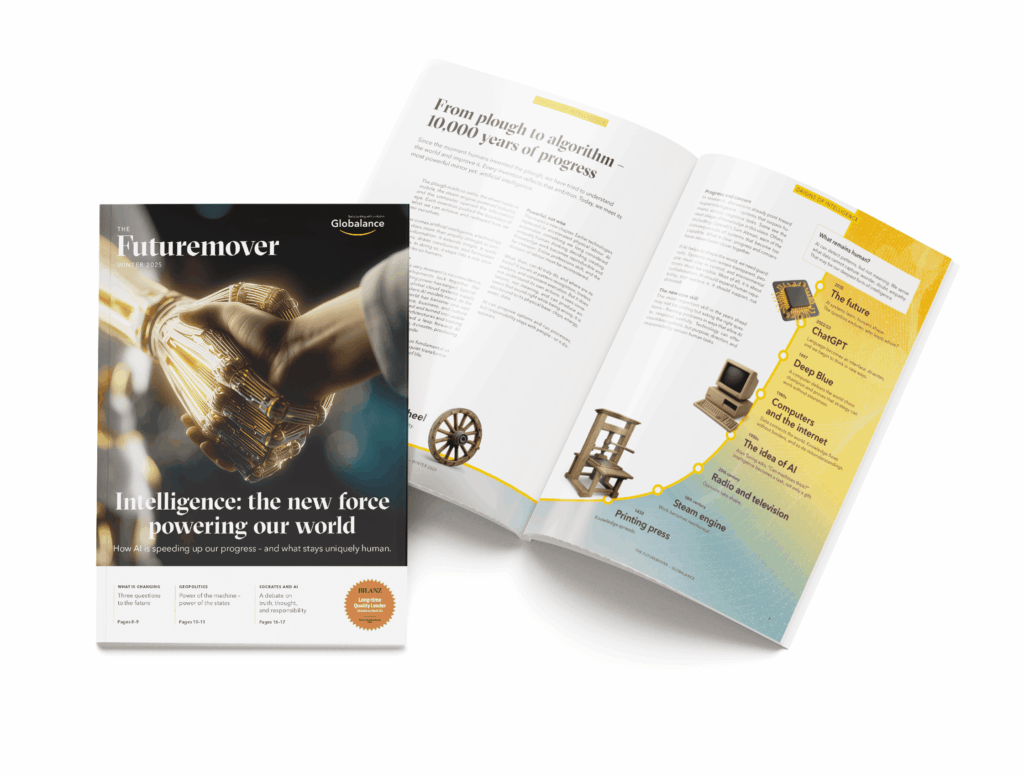News & Trends
“People don’t give Davos credit for being as far along as we are on climate.”

Reto Branschi, CEO of Destination Davos Klosters, in an interview with Globalance on sustainable change in tourism.
Tourism is extremely reliant on nature and at the same time climate change poses a threat to the business odel of tourism destinations. How do you assess the situation in Switzerland today?
We are noticing that this topic is becoming more and more important to our guests. They want to know whether we are committed and what we are doing. Consumer behaviour has also changed: local products are more in vogue today than caviar. We therefore asked ourselves early on what this means for the future. Do we just carry on as usual until politicians do something, or do we intervene ourselves? This led to us discussing and analysing the topic in depth. As a mountain destination that relies on snow, we are of course also directly affected. I can also see similar situations in other holiday destinations. Sustainability is becoming increasingly important, naturally also because of Switzerland Tourism and its new Swisstainable label. The big players in the industry have had this topic on their radar for a long time.
How do you ensure that Davos Klosters remains one of the most important tourist destinations in the Alps in the future?
I have always been an advocate of convincing people rather than forcing them. This is exactly what myclimate’s “Cause We Care” has managed to do. The guest voluntarily pays one Swiss franc, the business doubles this Swiss franc. Part of the money goes to the “myclimate climate fund Davos”, the main part to the business itself to implement its own sustainability measures.
These can be structural changes, such as obtaining electricity from renewable energy for cable cars. Tourism is extremely reliant on nature and at the same time climate change poses a threat to the business model of tourism destinations. How do you assess the situation in Switzerland today?
We realised early on that we had to do something as far as tourism organisation is concerned, but the hotels do not belong to us. We could have gone to the owners and said we have to do something, taking the easy way out, while really meaning “you” have to. Instead, we decided to make our own tourism organisation with more than 100 employees, staff housing, our land and the congress centre carbon neutral first. This laid the foundation for us to credibly and convincingly communicate: “Why don’t you join in?” Public transport has been massively expanded and has been free of charge for guests for over 20 years. The cable cars have been working intensively on this topic for a long time and will be investing another 10 million Swiss francs in self-sufficient energy systems over the next few years. Yesterday, the parliament confirmed that the municipality is also participating in the “myclimate climate fund Davos”. And this commitment can actually be seen everywhere. These are not pseudo measures, something is really being done. The extraordinary thing is that people don’t give Davos credit for being as far along as we are on climate.
Davos has announced its intention to be climate neutral by 2030. To do this, you are using the “myclimate climate fund Davos”. What does this mean exactly and what effect will the announcement have on the years ahead?
I have always been an advocate of convincing people rather than forcing them. This is exactly what myclimate’s “Cause We Care” has managed to do. The guest voluntarily pays one Swiss franc, the business doubles this Swiss franc. Part of the money goes to the “myclimate climate fund Davos”, the main part to the business itself to implement its own sustainability measures. With the fund, we want to provide all businesses in Davos with a free option to calculate their footprint and to receive suggestions for action. In addition, the fund offers support if a business needs assistance with implementing a measure. We want to let the businesses use their own imagination. As long as the project is sustainable, we will help as much as we can. We are of course aware that 2030 is an extremely ambitious target. But let’s be honest, if we had set 2050, nothing at all would have happened until 2040. That’s why I said from the beginning: sooner and rigorous, so everyone gets scared and starts thinking. Initially, there was often talk of it being just for show and marketing, but that has turned around now. Now we can sense a real rethink taking place.
We are of course aware that 2030 is an extremely ambitious target. But let’s be honest, if we had set 2050, nothing at all would have happened until 2040.
We would like to look into the future with you. How do you envisage winter tourism in Switzerland in 50 years’ time?
Actually, I’m very optimistic. I am convinced that Switzerland as a whole, not just our destination, is taking this issue seriously. I imagine that the Alps will still be as loved as they are today. And the measurements by the Institute for Snow and Avalanche Research also say that there will continue to be snow and winter sports in the higher-altitude ski resorts.
Reto Branschi
Reto Branschi has been CEO of Destination Davos Klosters since 2007. In his many years as CFO, IT manager and vice-director of Davos Tourism, he was involved in the development of the awardwinning davos.ch platform and many pioneering systems. In his free time, he enjoys skiing, racing bikes and mountain biking.
